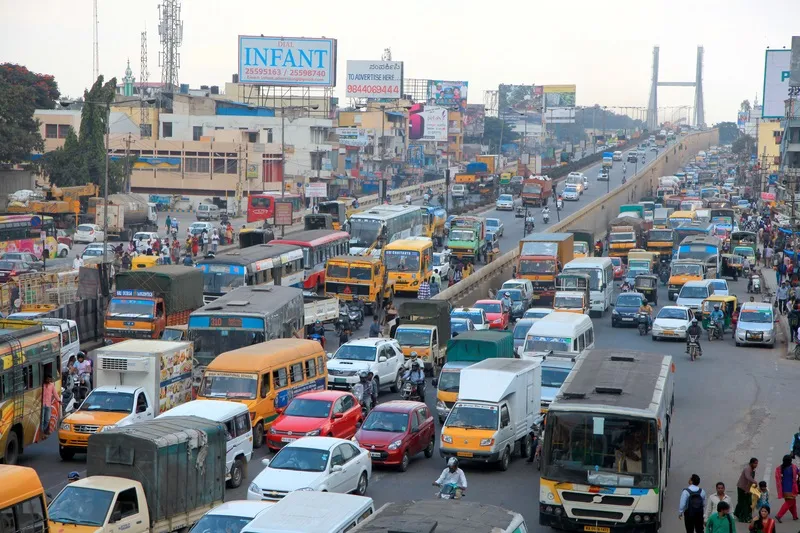Almost half of firms believe the UK’s infrastructure has improved over the past five years, but only a quarter think it will pick up in the next five years, and two thirds suspect it will hamper the country’s international competitiveness in the coming decades, according to the 2016 CBI/
Delivery of key projects already in the pipeline emerged as the top priority among the 728 firms surveyed. Delivery of IS$47 billion (£38 billion) of investment in the rail network through Control Period 5 and US$18.5 billion (£15 billion) of investment in the UK’s motorways and A-roads through the Road Investment Strategy rank highly, as does delivery of a new runway in the South East and HS2.
The Government’s recent track record has encouraged firms. Infrastructure has become a core part of the country’s long-term economic agenda since 2010, and 42 per cent of firms see the policies undertaken since the start of the 2015 Parliament , like the creation of Transport for the North, as positive steps.
However, confidence that overall infrastructure will improve in the coming five years has fallen 16 percentage points since the 2015 Survey. A significant majority of firms are not optimistic that infrastructure in aviation, energy and roads will improve, with only digital bucking the trend (59 per cent of companies expect improvements in this area). Moreover, the majority of firms feel the UK is unlikely to be more internationally competitive in 2050 than it is now, and almost half are dissatisfied with the current state of their local infrastructure.
To secure delivery of the most important projects, business group the Confederation for British Industry and infrastructure services firm, AECOM, want to see the Government reaffirm spending plans and press ahead with implementing policy decisions to ensure projects are delivered in full over the course of this Parliament.
UK’S infrastructure on the up, but now it’s all about delivery – CBI/AECOM
Almost half of firms believe the UK’s infrastructure has improved over the past five years, but only a quarter think it will pick up in the next five years, and two thirds suspect it will hamper the country’s international competitiveness in the coming decades, according to the 2016 CBI/AECOM Infrastructure Survey.
November 7, 2016
Read time: 2 mins








